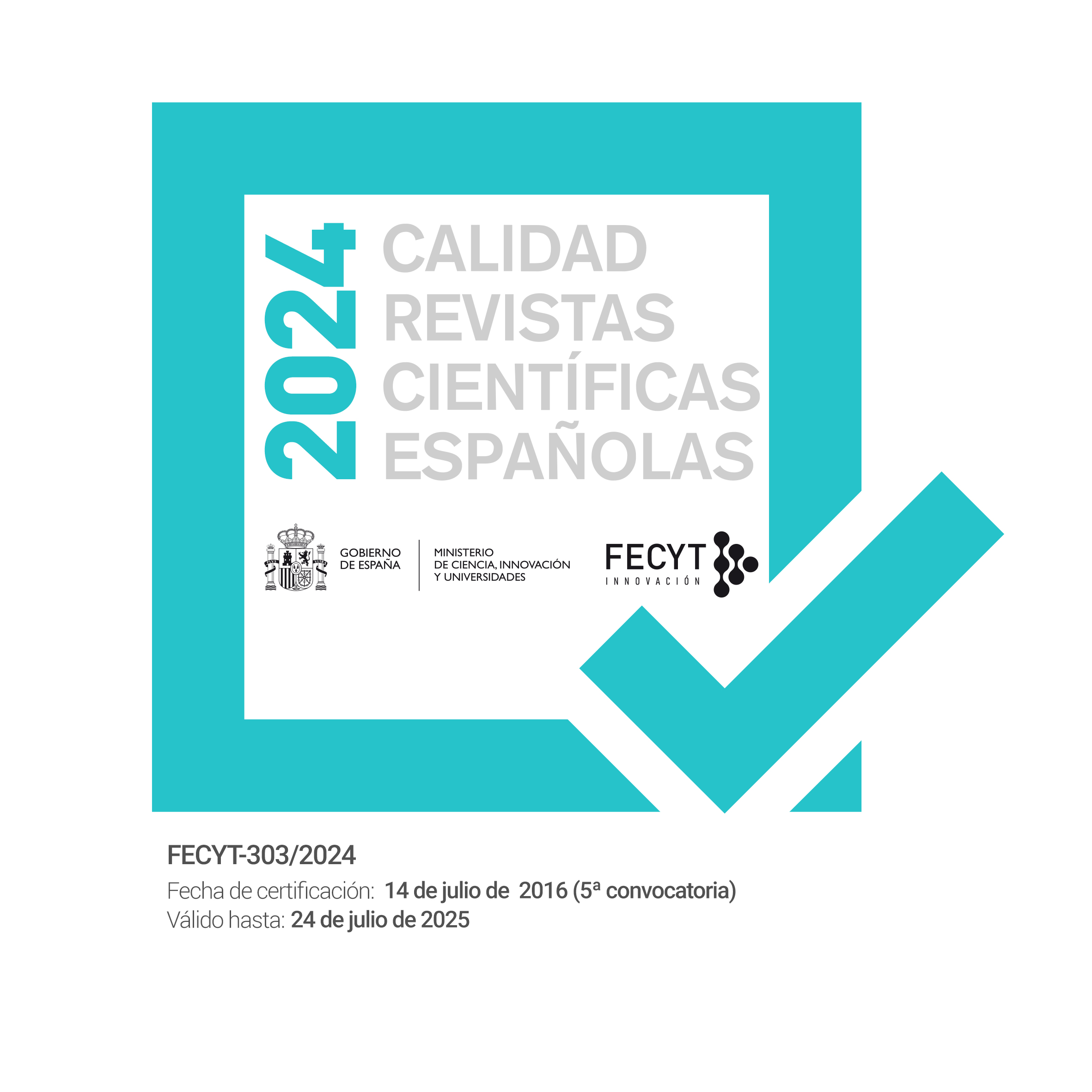¿What does the Chilean Policy say about School Integration?: A Critical Analysis from the perspective of Equity
DOI:
https://doi.org/10.5944/reec.42.2023.31993Keywords:
educational policy, special educational needs, equityAbstract
This draft focuses on the analysis of current Chilean government policies and their executive application in educational establishments regarding educational inclusion. Specifically, the Chilean National School Integration Policy aims to include all children with some Special Educational Needs in the Regular School System. The objective is to analyze, from the perspective of equity, the main characteristics of integration policy, identify who are the main beneficiaries and what are the threats and opportunities for the development of equity in schools, to conclude with some recommendations based on the perspective of equity (Ainscow et al., 2012) identifying appropriate strategies to respond to diversity according to the context in which families and the educational community are immersed. The research method is conceived under a qualitative, descriptive approach, using the analysis of written discourse as the main tool. The main findings are related to the poor promotion of equity and inclusion, due to the commodification of education and the promotion of competition over cooperation, it is reflected in obtaining optimal results in standardized tests and with it the segregation of less favored segments; despite the fact that international and national efforts are oriented in the direction of inclusion and justice there are structural problems of society as a whole which deepen and perpetuate the inequities that already exist in the Chilean educational system.
Downloads
References
Ainscow, M. (1999). Understanding the development of inclusive schools. Routledge.
Ainscow, M. (2005). Developing inclusive education systems: What are the levels for change? Journal of Educational Change 6(2), 109-124. https://link.springer.com/article-/10.1007/s10833-005-1298-4
Ainscow, M., Dyson, A., Goldrick, S., and West, M. (2012). Ecology of Equity: Making schools effective for all: rethinking the task. School Leadership & Management, 32(3), 197-213, https://doi.org/10.1080/13632434.2012.669648
Artiles, A.J., Kozleski, E.B. and Waitolller, F.R. (2012). Inclusive Education. Examining Equity on 5 Continents. Harvard Press.
Barton, L. & Armstrong, F. (2007) Policy, experience and change: Cross cultural reflections on inclusive education. Inclusive Education: Cross Cultural Perspectives. Springer
Jara, M y Ramírez, P. (11 de septiembre de 2014). Más de $7 mil millones destinados a niños con problemas de aprendizaje están “perdidos” Ciperchile. https://n9.cl/8zsy7
Instituto Nacional de Estadísticas. (s.f.). Censos de Población y Vivienda. Ministerio de Economía de Chile. https://www.ine.cl/estadisticas/sociales/censos-de-poblacion-y-vivienda.
Miles, S. & Ainscow, M. (eds) (2010). Researching Diversity in Schools: Using an inquirybased approach. Routledge.
Miles, S. & Singal, N. (2010). The Education for All and Inclusive Education debate: Conflict, Contradiction or Opportunity? International Journal of Inclusive Education. 14(1), 1-15. https://doi.org/10.1080/13603110802265125
Ministerio de Educación de Chile. (2016). Política de Integración Escolar. https://especial.mineduc.cl/wp-content/uploads/sites/31/2016/09/Manual-PIE-Julio2017.pdf
Ministerio de Educación de Chile. (2018). Subvención por Desempeño de Excelencia. http://www.sned.mineduc.cl/index2.php?id_contenido=34347&id_portal=63&id_seccion=3693
OCDE. (2012) Equity and Quality in Education: Supporting disadvantaged students and schools. OECD. https://doi.org/10.1787/9789264130852-en
OCDE (2014). Equidad, excelencia e inclusión en la educación: lecciones de política de todo el mundo. OCDE.
OCDE. (2015). In It Together: Why Less Inequality Benefits All… In Chile. https://www.oecd.org/chile/OECD2015-In-It-Together-Highlights-Chile.pdf
OCDE. (2018) Estudios Economicos de la OCDE en Chile.
http://www.oecd.org/eco/surveys/Chile-2018-OECD-economic-sruvey-Spanish.pdf
Rix, J., Simmons, K., Nind, M., & Sheehy, K. (2005). Policy and Power in Inclusive Education. Values into Practice. Routledge.
Tikly, L. & Barrett, A. (2013). Education Quality and Social Justice in the Global South: Challenges for Policy, Practice and Research. Routledge.
Thomas, G. (2012). A review of thinking and research about inclusive education policy, with suggestions for a new kind of inclusive thinking. British Educational Research Journal, (38), 1-18. http://doi.org/10.1080/01411926.2011.652070
Thomas, G. and Loxley, A. (2007). Deconstructing special education and constructing inclusion. Open University Press.
UNESCO. (2004). Open File on Inclusive Education. UNESCO http://unesdoc.unesco.org/images/0012/001252/125237eo.pdf
UNESCO. (2015). Education for All Global Monitoring Report. UNESCO https://unesdoc.unesco.org/ark:/48223/pf0000232205
UNESCO. (2016). La privatización en la educación: tendencias y consecuencias.
UNESCO. http://unesdoc.unesco.org/images/0024/002464/246485S.pdf
UNICEF. (2013). Niñas y niños con discapacidad. Girls and boys with disability. UNICEF. https://www.unicef.org/ecuador/SPANISH_SOWC2013_Lo_res.pdf
United Nations. (1994). Declaración de Salamanca de principios, política y práctica para las necesidades educativas especiales y marco de acción sobre necesidades educativas especiales. http://www.unesco.org/education/pdf/SALAMA_S.PDF
United Nations. (2006). Convention on the Rights of Persons with Disabilities. Article 24, Education. https://www.un.org/development/desa/disabilities/convention-on-the-rights-of-persons-with-disabilities/article-24-education.html
United Nations Development Programme. (2015). Sustainable Development Goals. http://www.undp.org/content/dam/undp/library/corporate/brochure/SDGs_Booklet_Web_En.pdf
World Health Organisation. (2011). World Report on Disability. WHO. https://apps.who.int/iris/handle/10665/44575
Downloads
Published
How to Cite
Issue
Section
License
Copyright (c) 2022 Revista Española de Educación Comparada

This work is licensed under a Creative Commons Attribution-NonCommercial 4.0 International License.

Acknowledgement – Non Commercial (by-nc): Generation of derivated Works is allowed as long as a commercial use is not developed. The original work cannot be used with commercial aims.
This journal does not apply any fee to the authors by the filing or processing of articles.












